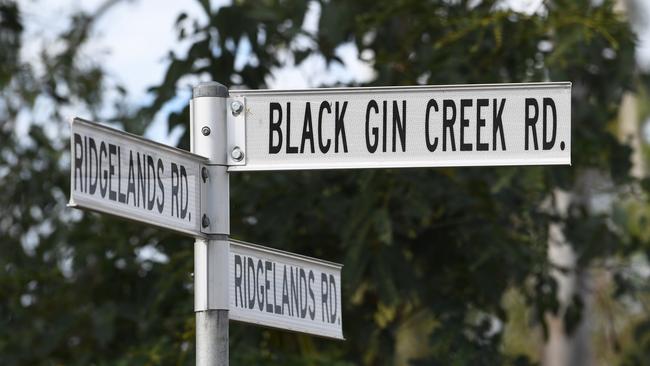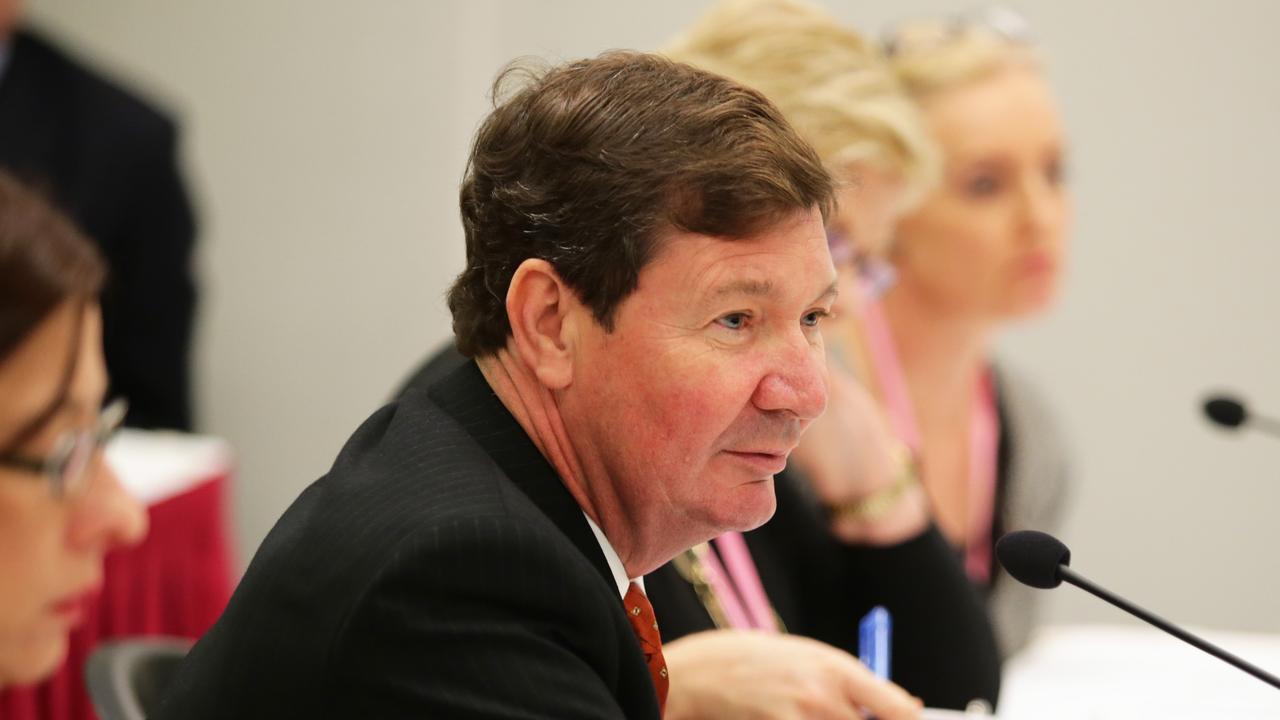Proposed change for racist creek name
The proposed renaming of a creek on Queensland’s central coast is the latest step in a long campaign by local indigenous advocates to rid the region of racist place names.

The proposed renaming of Black Gin Creek on Queensland’s central coast is the latest step in a long campaign by local indigenous advocates to rid the region of racist place names.
It would become among 12 place names, and the third in the region, to be officially changed.
The proposal was announced last week by the state government, which has for called public submissions in support of or against the renaming.
The local Darumbal people, who were granted native title over the region in 2016, want the creek, which runs through the outskirts of Rockhampton, to be renamed Dundula.
In 2018 they successfully renamed Mount Jim Crow — referencing US segregation laws, and Mount Wheeler, believed to be named for a colonial policeman responsible for mass murder of indigenous people — to Aboriginal names Baga and Gai-i.
In 2017, 10 north Queensland landmarks bearing the name “nigger” were renamed by the department.
Darumbal Elder Aunty Sally Vea Vea said it was impossible to rewrite the wrongs of history, but the name could be changed.
“The current name is a constant reminder of a dark history associated with this creek, which is very hurtful to us Darumbal women,” she said.
University of Queensland race relations research fellow Fiona Barlow said the name change would send a symbolic message about modern Australian values.
Professor Barlow said having inherently racist place names reflected a “general tolerance for casual racism” and signalled to people in the area that “racism exists and it’s largely OK”.
She said studies showed exposure to racism was detrimental to people’s health.
“It might seem like a name but it’s a constant reminder of the racism that people face in everyday life,” Professor Barlow said.
A Department of Natural Resources, Mines and Energy spokeswoman said name changes in recent years had been made with community support.
“The department recognises the continued use of racist place names is hurtful to Aboriginal and Torres Strait Islander peoples and others and will continue to progress name-change suggestions made by traditional owner groups or members of the public,” she said.
The department is also considering a proposal to change the name of Murrays Creek near Rosedale in central Queensland.
A proposal to rename Blackfellow Creek near Noosa on the Sunshine Coast will be addressed when an ongoing native title claim in the area is resolved.
Not all names with racial connotations have been removed, and activists have actually fought to ensure they remain as a lesson for future generations and a reminder of past injustices.
Indigenous elders urged for the name of Boundary Street in Brisbane, a reminder of the city’s segregationist history, to remain despite public pressure for it to be changed in 2017.
Recent focus on indigenous issues in Australia, influenced by the Black Lives Matter movement in the US, has led to vandalism of statues and calls to abandon place names.
Townsville indigenous advocate Gracelyn Smallwood rejected a push to remove a statue of the city’s historical resident Robert Towns, who has been accused of being involved in the practice of “blackbirding”. She said the statue should serve as a history lesson for people unfamiliar with the region’s history of exploiting Aboriginal and Torres Strait Islander people, and South Sea Islanders.




To join the conversation, please log in. Don't have an account? Register
Join the conversation, you are commenting as Logout